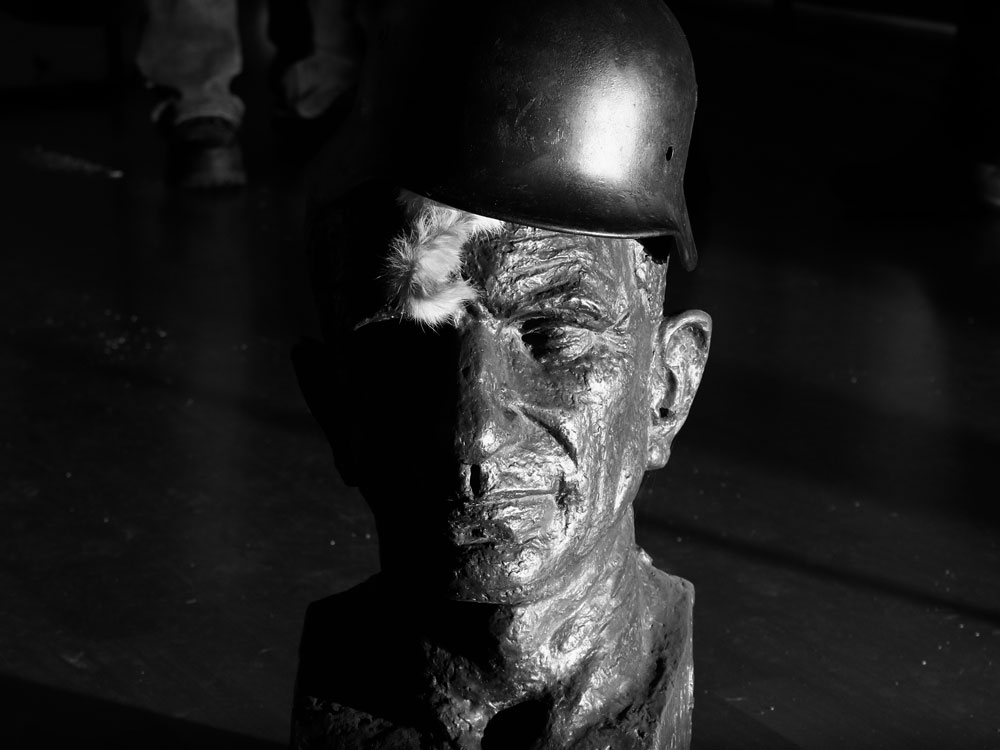
They told you shrapnel made men
celestial, that’s why you joined
the army. In midsummer, when weathervanes
carousel, you pull your silence
taut over our house. Nothing bad
will happen to us now, not with you
standing sentinel at the edge
of our sleep, guarding
against the peacethieves.
In the living room you and I mummify
waiting for the rains to pass.
Dust settles on our eyelids, the choleric
mahogany. Should you ever speak, I’d tie
my hair to the hooves of your voice,
I’d have my death by dragging
out what the water dreams sunk. I’d ask
if you’ve seen the moles
in the garden, the bird nest
under the eaves. I’d ask how many
you captured. How many did you kill?
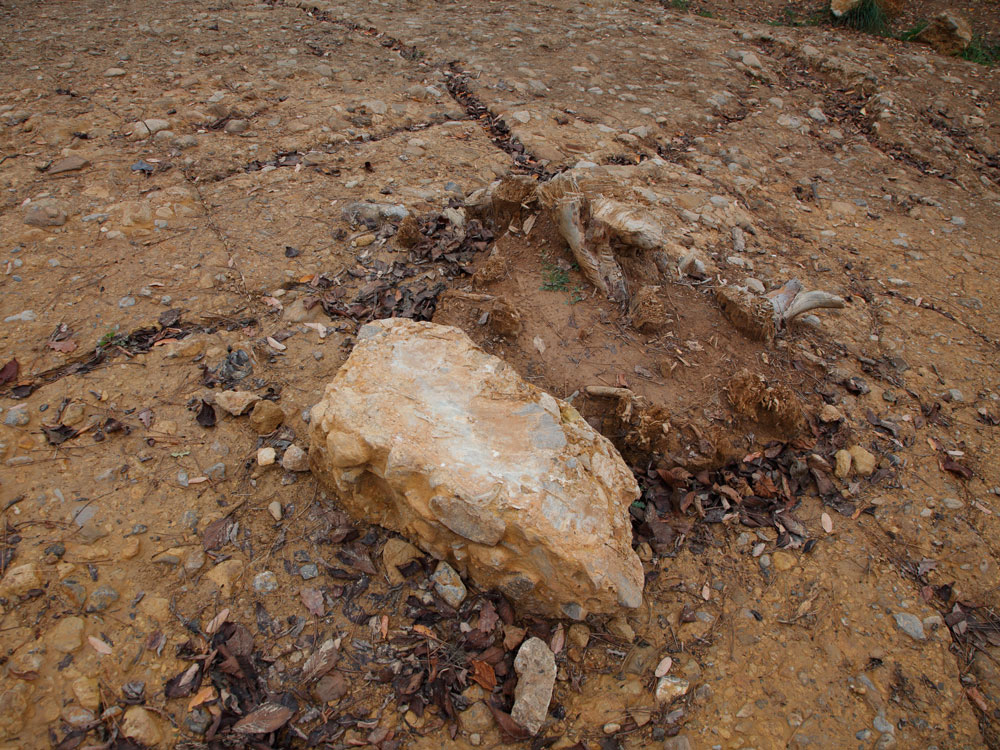
The barista waits
for me to recall the name
of the drink I order every morning.
I’m sorry, I say, the word
invades me. His look
is a sealed envelope.
Here, the river
overthinks itself into a sheet of ice.
Faces slide. The upturned
collars. Mansard roofs
and the stench of mulch.
I stop
to inspect the yellow cups
on sagging stalks.
Grandmother once
told me what they were called,
the pop of syllables
still going off somewhere
in my mind. If only
I wasn’t so pure.
Emptied of explosions.
There,
there now, no one
says. Into the soil I cry
a burst watermain.
I stare at the leaves.
Waiting,
as they wait to receive
the news of their survival.
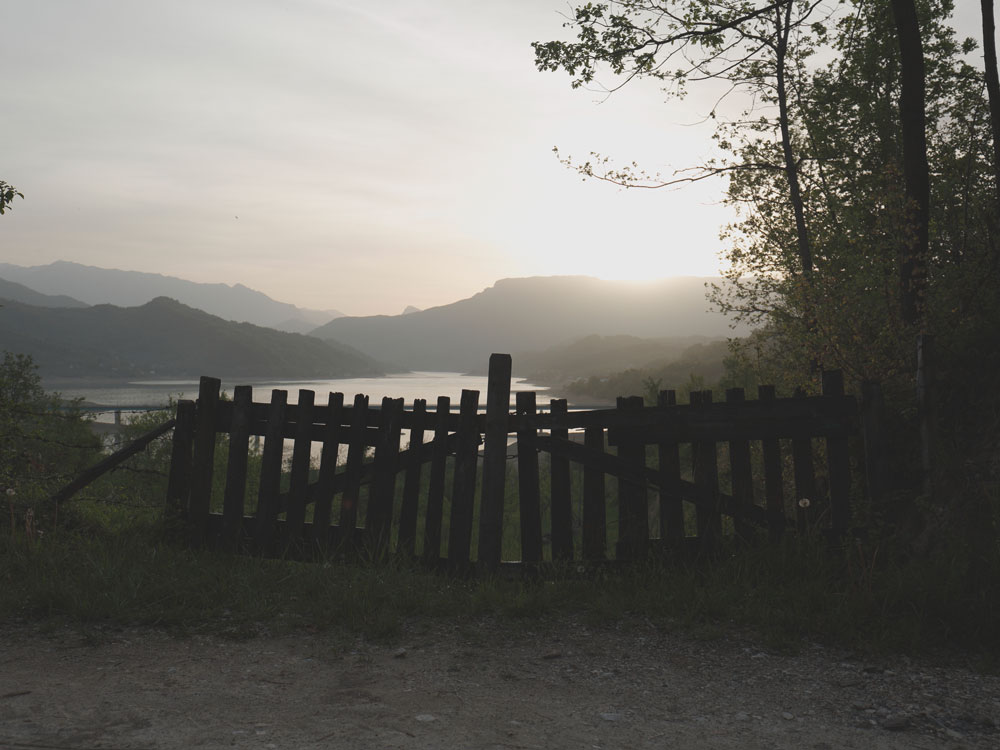
Something is always breaking
in the sky above us. I’m trying to recall
your hands cupping fireflies.
Late August.
On our skin summer
wouldn’t quit. I stumbled
catching up with you already vanished
beyond the lip of the hill, the dead mouths
of soldiers below whispering
the secret of roots to the poppies.
I ran after you,
believing the river when it swapped
our reflections with a shrug,
through thistle-rayed sunlight.
I’ve learned now,
once a cloud breaks the blue
rushes in to salvage the split.
The sky is merely a rumor of lost things.
Everywhere I look, your shadow
is still vanishing over the horizon.
And I’m still
running towards you
with outstretched arms. I’m running
back to you, mother,
all the time.
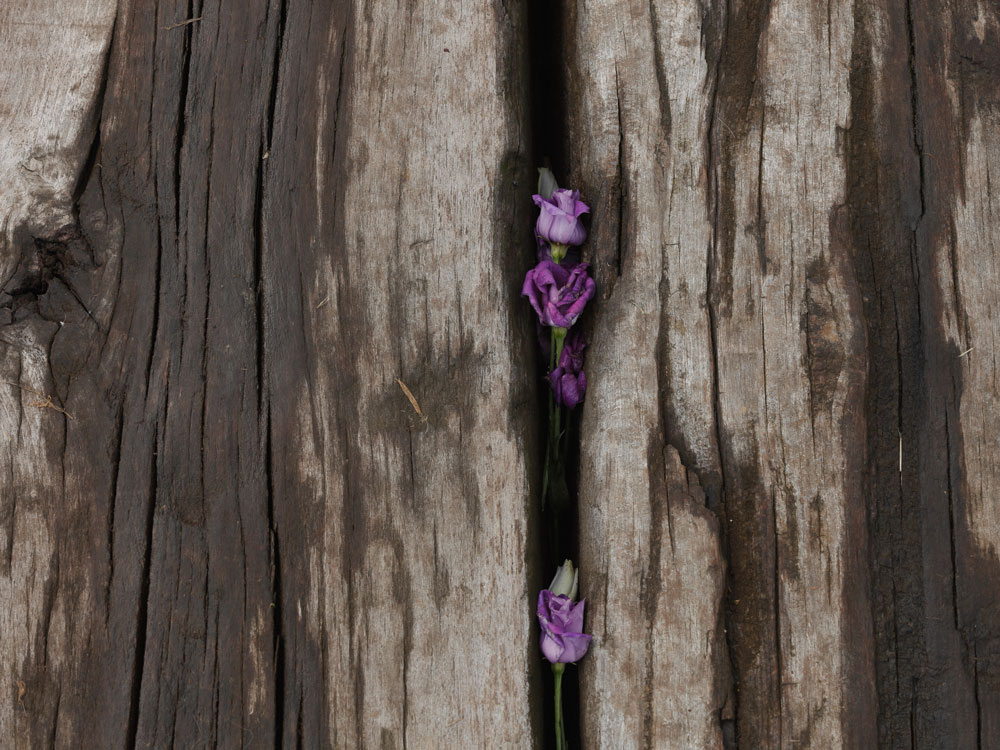
As she inhales, a fire runs chase round
the cigarette’s rim, its revolution
ending in ash. She remembers it well.
Of ash she dreamt when for three nights and three
years the war blazed and the fevered city
vomited carcasses of cars, smashed glass
she sidestepped fleeing in her high heels,
wondering what they’d say to her mother
when they knock on the door to deliver
the news—your daughter, ma’m, was dressed to kill
until down came the ash, softly falling
over the braille of broken psalms and now
she exhales. June in her garden, delayed
in bloom. Quietly, the lilies grow. Zinnias too.
Love-in-a-mist. The cancer in her womb.
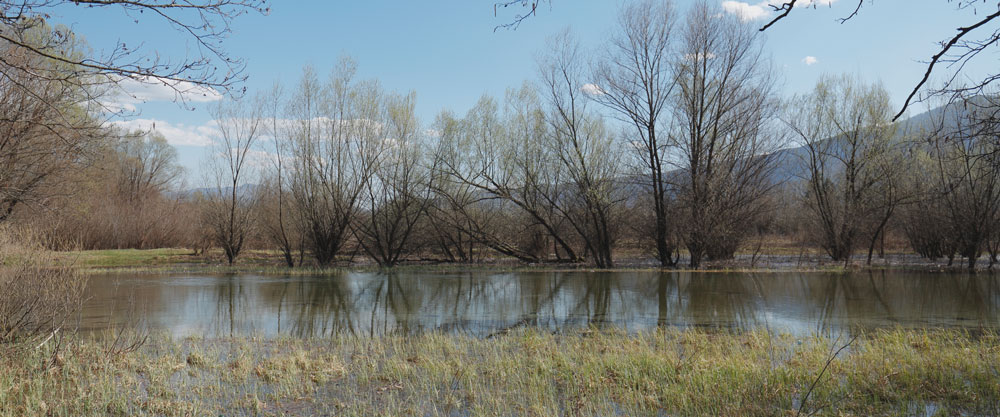
Is it cold where you live? Is it crowded?
Is it true what they say about the river there,
that it’s not fickle like the rivers
we’ve known? I spend my days
watching the news, wondering, isn’t it time
I had something to do with explosions?
Do you remember the New Year
when fireworks went off and we
ducked under the table? Is it true
what they say about dogs
being afraid of fireworks? Are we like dogs,
in that respect? Do you remember the cold
fire of the furnace? In spring,
our shame before the begonias?
Is it true what they say about the river there, that it’s not
vengeful or scabrous like the rivers we’ve known?
Is the city where you live a big one? Is it large enough
to get lost? Are you lost—
the last time I looked into your face,
where was I supposed to find you? Who are you in the eyes
of the bus driver watching you punch
the ticket? Or the woman
smiling from across the bar? Do you smile back?
My daughter, who has travelled farther
than I can imagine, do you feel, sometimes,
when walking down the street, someone else walking behind you?
Do you turn? Do you remember
I carved the shape of you out of stray
desire? Why then
should we ever be afraid? Are you coming back?
If yes, do you know how to pack
a breath deep enough to outlast
the drowning? Because the rivers here
are single-minded, bottomless,
and have you ever seen anyone escape.
Vanja Čerimagić is a documentary photographer based in Sarajevo, the capital of Bosnia and Herzegovina. For more than a decade, he has been completing assignments for a wide variety of clients by portraying their values and telling stories through images. He regularly collaborates with some of his clients and has been working for the United Nations Development Programme (UNDP) for the past decade. Clients he has worked with so far include international development organizations such as EUIC, UNHCR, UN Women and UNESCO. Along with his documentary work, he is passionately devoted to concert and performing art photography.
More about his work can be found at www.cerimagic.ba/about
Poems by Ferida Duraković
Ferida Duraković: Pjesme





